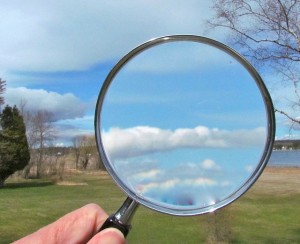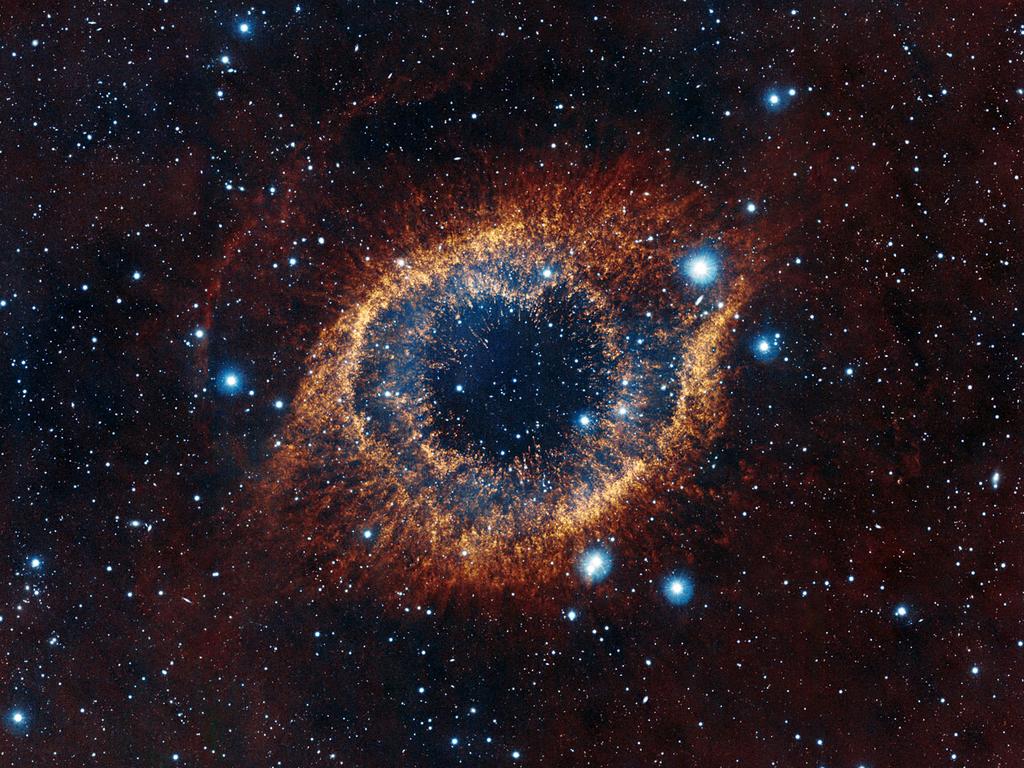“Lord, are we all part of You?”
You are both other and same (as Me). I need you to be other so that I may encounter another self. I am a Person and, like other persons, define Myself by responding to other persons, and being responded to (by them).
But I also need union, not distance—just as other persons do. You and Abigail are both other and same. You need to be different people—love is a bridge between differences. You also merge spirits at certain moments, though not totally. That is also a kind of completion or fulfillment. Life, including My life, is the dialectic, as you might call it, of same and other, confrontation and union.
We are both other than God and yet the same as God? But same and other are opposites. This did not go down easy for a former logic professor, but I went on. “Lord, are those moments of union with God the goal or are they just nice accompaniments?”
Neither. You shouldn’t strive for moments of union per se, for peak experiences. That is self-indulgence, and a mistake of some who seek mystical experience. It is like orgasms—you should not seek them for their own sake. That is an abuse, a kind of idolatry. They happen naturally as the outcome and expression of love. But the experience of union is not just the accidental accompaniment of loving God. It is the essential expression.
Then, late at night, I felt the boundary between me and the world becoming thinner and less distinct. Slowly, subject and object were blending, becoming intimately bound, not standing apart from one another. I was noting this intellectually, but it was not an intellectual experience. It was an ontological experience, an experience of my whole being. Finally, for a few moments, it approached total one-ness, the complete loss of awareness of self. At that point, I pulled back.
“Lord, what is the meaning of this kind of experience?”
There are many levels and kinds of experience with Me—including music. Do not make too much of it. It is good, just let it happen. It does not mean that you are about to become a mystic or anything unworldly. It is not unlike—it is on a continuum with—a wide range of spiritual experiences, in and out of religious practice and sensibility, that people have all the time. But it is definitely good. It will give you energy and peace and insight, so let it in.
Many times one “loses oneself” in an experience, but those moments are less threatening than merging with God. I pulled back, but felt a nagging sense I was not supposed to. “Lord, I feel you want me to do more of the mystical stuff, ‘entering’ You and so forth.”
Yes, and you can remove the scare quotes. There is nothing strange about it. That is how the universe is. The parts can communicate with the whole. It is no more mystical or mysterious than your ability to move your arm.
Actually, since Descartes introduced a sharp mind-body distinction, how the mind moves the body has been a philosophical mystery. But, in actual life, it is not. The parts can communicate with the whole and vice versa. I had never thought of the universe that way.









